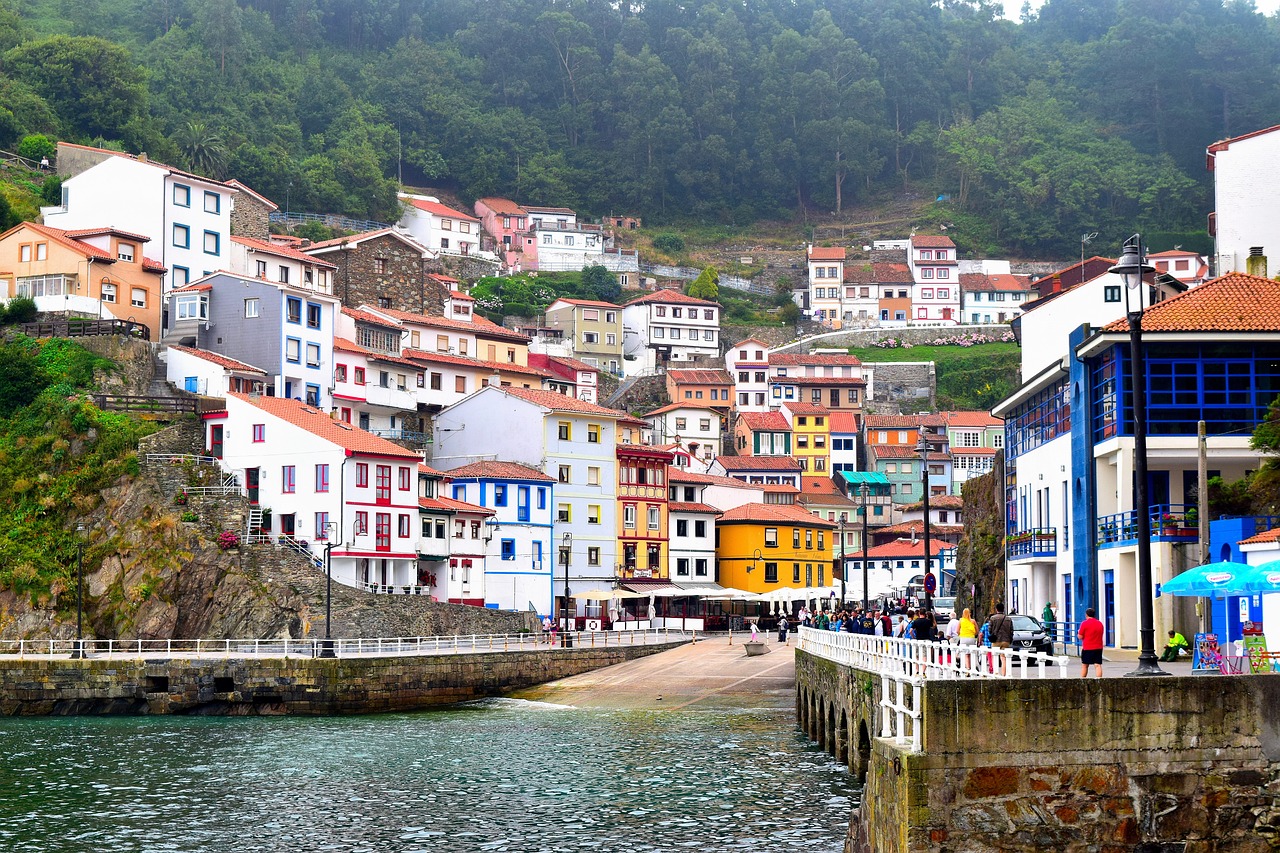As Spain gears up for another bumper summer of sun, sand, and sightseers, its government and regional authorities are moving to rein in short-term holiday lettings—chiefly Airbnb and its rivals—after rising tensions between tourists and locals once again boiled over.

Tourism Overload: A Growing Political Headache
Spain welcomed over 83 million international visitors in 2023—more than its entire population—boosting GDP by nearly 12 percent and supporting 2 million jobs. Yet crowded city centers, noise, discarded litter, and soaring rents have ignited protests in Barcelona, Palma de Mallorca, and elsewhere. Residents complain that entire neighborhoods have morphed into “tourist ghettos,” with traditional shops replaced by gelato stands and bars open until 5 AM.
New National and Regional Measures
In response, Spain’s central government and autonomous communities have rolled out a multi-tiered clampdown:
- Mandatory Registry & Licensing
All platforms must now share host data with regional tourism boards. Properties require an official registration number, displayed in every listing, or face fines of up to €50,000. - Limits on Entire-Home Rentals
In high-pressure zones—Barcelona’s Ciutat Vella, Palma’s Old Town, and parts of San Sebastián—only primary residences may be rented, capped at 90 days per year, and subject to owner occupancy rules. - Platform Liability
Online portals are liable for illegal listings: failure to delist non-compliant properties within 48 hours incurs penalties up to €600,000 per infraction. - Tourist Tax Adjustments
Several regions have doubled or tripled per-night levies on short-let stays (now €4–€6 per guest), channeling revenue into affordable-housing projects and public-space maintenance.
Regional Variations in Enforcement
- Catalonia (Barcelona): Hosts must prove residency and pay an annual licensing fee. Inspections patrol apartments at random.
- Balearics (Mallorca, Ibiza): A first-of-its-kind cap on total tourist beds per municipality is enforced via quarterly quotas that sell out in minutes.
- Basque Country (San Sebastián): Stricter zoning rules ban new tourist licenses in historic quarters, aiming to restore family-run businesses.
Impact on Hosts, Platforms, and Tourists
- Hosts: Many “superhosts” have shifted to longer-term contracts or sold properties to avoid compliance risks, cooling housing markets by about 5 percent in hot spots.
- Platforms: Airbnb reports a 12 percent drop in active listings in regulated zones but pledges to help hosts navigate new rules via dedicated support portals.
- Tourists: Short-notice, lower-cost options have diminished—average nightly rates in Barcelona climbed 18 percent in April—pushing some visitors toward hotels or secondary cities like Valencia and Zaragoza.
Lessons from Europe
Spain’s approach echoes and refines initiatives across Europe:
- Amsterdam: Introduced a strict “home swap” registry and fines pushing short-lets down 15 percent.
- Berlin: A 90-day cap on rentals provoked legal challenges but ultimately reduced Airbnb listings by 30 percent in central districts.
- Paris: Rate caps (80 percent of long-stay rent) curbed investor buying, stabilizing rents but narrowing tourist options.

Balancing Act: Tourism vs. Livability
Officials stress that responsible tourism remains vital:
- Economic Necessity: Tourism accounts for roughly 14 percent of Spain’s GDP—yet over-dependence leaves local economies vulnerable to off-season lulls and crises like COVID-19.
- Social Equity: Funds from tourist taxes now finance housing-subsidy schemes, crowd-management apps, and community events celebrating local culture.
- Visitor Experience: By dispersing stays across more neighborhoods and promoting off-peak attractions (rural villages, inland heritage sites), Spain hopes to reduce pressure on hotspots while enriching guest experiences.
Conclusion
Spain’s summer clampdown on short-term rentals reflects a global pivot: as mass tourism strains infrastructure and local life, governments must balance visitor demand with resident well-being. Through licensing, caps, and targeted taxes, Spain aims to preserve its cultural tapestry and ensure that its cities remain places to live—not just to visit.
Frequently Asked Questions (FAQs)
Q1: Which areas are most affected by these new rules?
Historic centers of Barcelona, Palma de Mallorca, Ibiza, and parts of San Sebastián face the strictest limits on non-primary short-term rentals.
Q2: How long can I rent out my own home?
In regulated zones, primary-residence hosts may rent up to 90 nights per calendar year, with proof of owner occupancy required.
Q3: What happens if I book an unlicensed Airbnb?
Platforms must block listings without valid registration numbers; booking an illegal property can lead to cancellation and no recourse, plus host and platform fines.
Q4: Have prices increased because of these measures?
Yes—average nightly rates in high-demand neighborhoods rose by around 18 percent as supply tightened, though budget hotels have partially absorbed overflow.
Q5: Are similar rules in place for hotels?
Hotels remain regulated under separate zoning and safety standards; no new caps apply, but many regions have increased tourist taxes on hotel stays as well.
Q6: How can I find compliant rentals?
Look for the local registration code displayed in the listing, or use platform filters for “officially licensed” properties; consider alternative areas with looser caps.

Sources BBC


